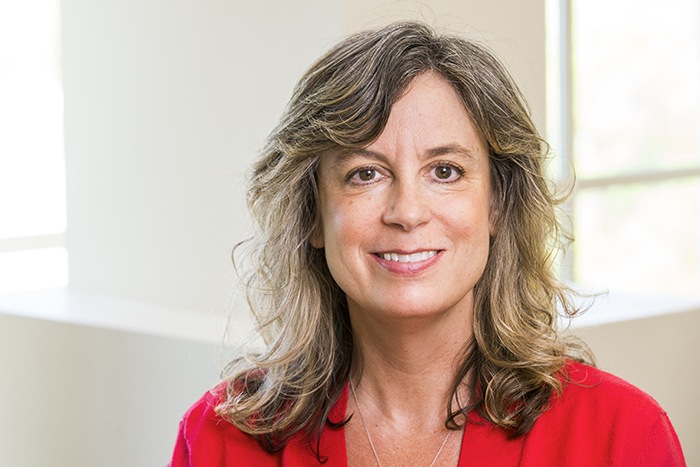
About 15 percent of all mothers in Florida report experiencing depression during pregnancy or after childbirth, but fewer than 20 percent of mothers seek or have access to professional help. Much of the problem lies in the lack of routine screening by prenatal care providers.
A new grant from the Health Resources and Services Administration aims to improve maternal mental health outcomes by increasing screening rates and patient access to treatment and resources. Florida is one of seven states to receive the grant, which was awarded to the Florida Department of Health.
The FDOH partnered with FSU College of Medicine Professor and Vice Chair for Research Heather Flynn as principal investigator on the $3.25 million grant. She received $2 million from the agency to help develop a sustainable screening and treatment model to address unmet maternal mental health needs across the state.
“This is a huge opportunity for Florida to start really addressing perinatal mental health and substance abuse, which we currently don’t really do at all in any systematic way throughout the state,” Flynn said. “Florida has the third largest birth rate in the nation, so this can have a tremendous impact on maternal mental health outcomes in the U.S.”
For the next five years, she’ll work with the FDOH and Florida Maternal Mental Health Collaborative to improve perinatal depression detection, treatment, engagement and outcomes.
“The number of women who never get detected or treated during a pregnancy is striking given that the majority of them will see a doctor at some point during their prenatal care,” Flynn said.
The project aims to achieve 100 percent screening rates for perinatal mental health and behavioral health in three targeted regions in North Florida.
“One of the biggest barriers is that obstetricians don’t like to screen because if someone screens positive, they don’t feel comfortable managing them psychiatrically,” Flynn said. “But we know that when obstetricians have access to a psychiatrist or know where to send women, they will absolutely do the screening and feel much more comfortable managing that.”
Giving obstetricians and prenatal care providers direct access to information on psychiatric diagnoses and medication increases the likelihood for screening. It can also help bridge the gap between detection and treatment.
“One of the most difficult things to address is knowing where to send people for treatment — how to get them to a psychiatrist or counseling,” she said.
Left untreated, maternal mental health conditions are associated with greater likelihood of maternal suicide, child abuse or neglect and, in rare cases, infanticide.
The combination of depression and related health issues around pregnancy is commonly considered the second-most burdensome illness in the world, second only to cardiovascular disease.
“Florida is already well-poised to address these issues and has a lot of the ingredients already in place,” Flynn said.
The grant will allow Flynn and her team to bolster existing programs such as mental health referral resources, in-home therapeutic interventions, as well as the FDOH’s Healthy Start Program, which has been conducting perinatal depression and related risk screening since 2016.
Another focus is training psychiatrists in perinatal mental health and expanding the tele-psychiatry capacity of community mental health providers, which will help to address patient accessibility issues and broaden the project’s reach into rural areas.
“Many psychiatrists aren’t necessarily trained to deal with perinatal mental health, so we are also going to do overlays of training for that and get psychiatrists more comfortable and knowledgeable about prescribing medications during pregnancy and breastfeeding,” she said.
As co-director of the FSU Center for Behavioral Health and Integration, Flynn has also received a $113,000 grant from Sage Pharmaceuticals to develop a statewide mental health referral network. The grant is part of the more than $1.8 million in annual funding the center has secured to help improve behavioral health in child welfare, pediatric and obstetrics settings.
“With maternal mental health, there are all these social, medical, developmental and behavioral problems that are not being addressed that are known to be very disabling,” Flynn said. “The fact that we can put something in place that we know will drastically increase the rates of people getting the help they need — I can’t overstate the impact of that.”




